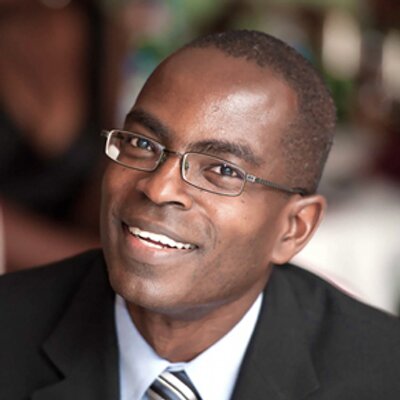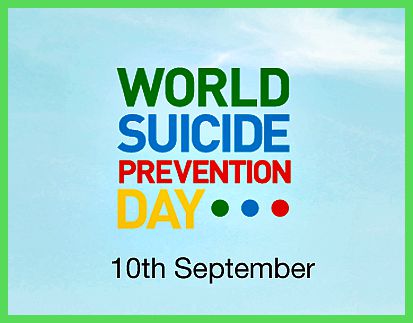The Death of Venezuelan Federalism — and the Rise of Socialism
Once they manage to get control of a state, socialists quickly set to work increasing state power as much as they can. One of the most useful tools in doing this is centralizing all political power within the state. This makes it easier to put all political power into the hands of the party and to carry out the goals of the socialist state.
One the other hand, laissez-faire liberals have long sought to prevent the accumulation of power in the hands of a few by decentralizing the state and the political system. Frequently, this takes the form of federalism.
Although political power has now been almost totally consolidated in the hands of a small ruling party, Venezuela has historically benefited from various sorts of federalism and decentralization. But the road has often been rocky.
Venezuela had twenty-seven constitutions between 1811 and 1999. Juan German Roscio and Cristobal Mendoza wrote the 1811 constitution, proclaiming the first Republic to be inspired by the US Constitution and the political liberalism of that historical period. The “United States of Venezuela” was a Federalist government but it did not last more than a few months when the revolutionary leader Francisco de Miranda capitulated to the royalists in San Mateo in 1812. Subsequently, liberalism and federalism were highly criticized even by many heroes of the independence. Bolívar in Cartagena said, referring the 1811 constitution, “these gentlemen believe they are in Greece, building air republics that are not consistent with the situation and reality of the Venezuelan people, not prepared for the supreme good of freedom” [emphasis added].
Later, each constitution was made to cover the desires and needs of the “caudillo” that ruled the country. Some experts in constitutionalism say that the most federalist was the 1864 constitution, which mandated a high degree of regionalism and localism. Juan Crisóstomo Falcón, member of the liberal party, ruled The United States of Venezuela — in 1864 — but by 1881, the dictator Antonio Guzmán Blanco began to significantly centralize power again. After that, federalism was increased and decreased depending on the interests of the government. In 1961, when the 26th constitution was written by the most recognized socialists of Venezuela — Rómulo Betancourt, Rafael Caldera, Jóvito Villalba, and others — the federalism had been practically eradicated, they ensured the political freedom and the democratic system but the economic freedoms were diminished almost to nothing.
Nonetheless, Venezuela seemed in the 1990s headed toward embracing a federal system once again. A decentralization process began: it transferred sovereignty and power to each governor of the state, and for the first time in the Venezuela history, the people directly elected the state governors through free elections. It was a limited attempt to redistribute the total control and power that presidents have traditionally held in Venezuela. But the main reason was to calm the social situation that worsened after the “Caracazo,” which was a series of violent protests during the late 1980s.
When people elected Hugo Chavez as president in 1998, the country’s third-rate military had promised — among other things — a new and “better” constitution. The new constitution eradicated the possibility of continuing with the decentralization process and, worst of all, increased the size of the state overall, while further concentrating power with the president. Allan Brewer Carías, a member of the assembly that wrote the 27th constitution — the 1999 or “Chavista” constitution — eventually voted against it, calling it a “missed opportunity to improve Venezuela,” but which resulted in more executive power for the presidency.
This move toward more executive power will not shock Americans, who are familiar with this trend. We’ve seen much of it in the US during recent presidential administrations — especially with the War on Terror. Although this is a trend, as Tom Woods tells us, that goes back more than a century.
Venezuela is but one example, but it helps to illustrate how the undoing of federalism, and the centralization of political power, has often been a prelude to the advent and implementation of a stronger state in the name of carrying out socialist agenda items. The US has certainly moved more slowly than Latin American countries that have gone down similar paths. But Americans should not think themselves immune from what now plagues Venezuela.
Source: The Death of Venezuelan Federalism — and the Rise of Socialism | Mises Wire

 Rafael Acevedo, Humberto Andrade –
Rafael Acevedo, Humberto Andrade – 













